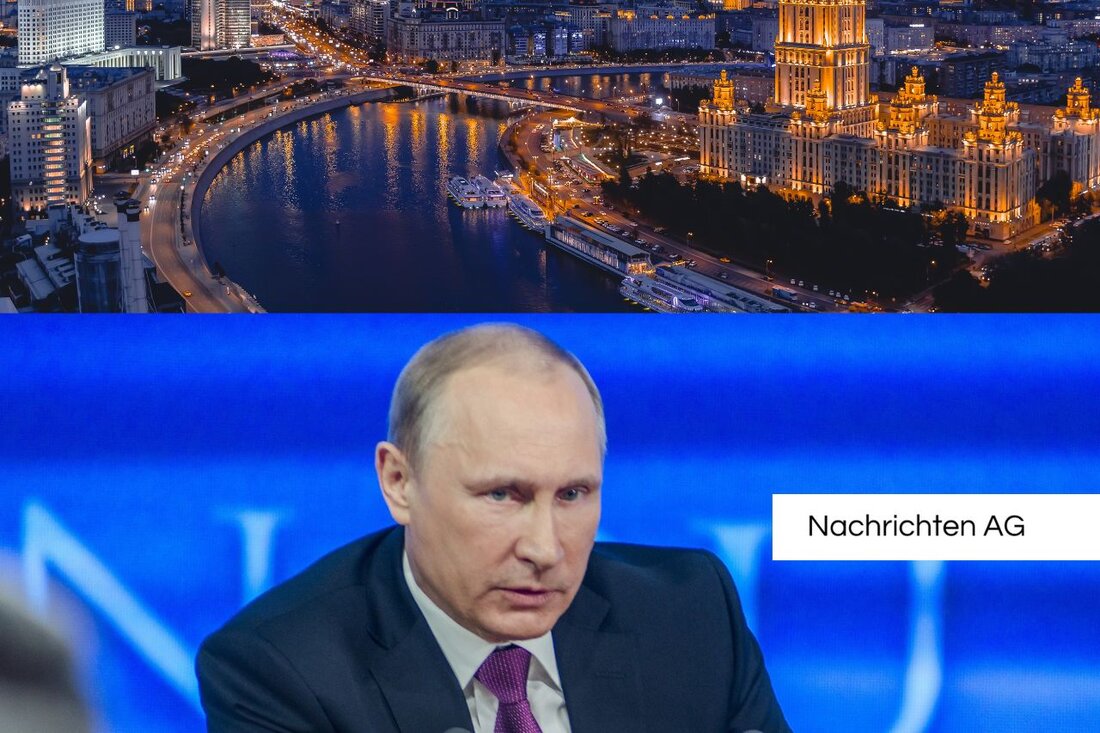Multilateralism in crisis: Germany's role in global change!
Germany relies on multilateralism as the central maxim of foreign policy in order to solve global challenges peacefully.

Multilateralism in crisis: Germany's role in global change!
Multilateralism is not an empty slogan in German foreign policy, but a fundamental strategy that stands for peace and stability worldwide. Germany sees this form of international cooperation as a system that applies to all states and aims to overcome global challenges together and prevent disasters such as the Second World War. The United Nations (UN) plays a central role in this by acting as the guardian of international values and norms, as deutschland.de describes.
But in a world full of crises, from conflicts in the Middle East to Ukraine to pressing issues such as climate change and species extinction, multilateralism has come under pressure. UN Secretary-General António Guterres expressed concern about this development, stressing that universal values are being eroded and democratic principles are being called into question. German Foreign Minister Heiko Maas is also critical of the situation and warns that our liberal international system, which is based on finding solutions together, is at risk. This is reflected not only in the difficulty of developing new international norms, but also in the withdrawal of states from important agreements, such as the USA from the climate agreement, as zeitschrift-vereinte-nationen.de explains.
The challenge of multilateralism
The challenges facing multilateralism are diverse. On the one hand, there is the pressure that is being exerted on the international order, particularly by the USA. On the other hand, there are states like China and Russia that support multilateralism and oppose existing norms and values. These tensions affect not only the principles that underpin the system, but also the way national policies are coordinated. Multilateralism, or even minilateralism, where only a small group of states cooperate internationally, could represent an answer to the current challenges, as noted in the analysis by swp-berlin.org.
However, effective multilateralism requires a genuine willingness to compromise and the ability to act together. German foreign policy has an axiomatic significance here that can also be felt in EU foreign and security policy. The “Alliance for Multilateralism” initiated by Germany and France in September 2019 aims to strengthen the international order.
Future perspectives
The future of multilateralism remains uncertain, but the consensus remains: a rethink is needed. The 2020 UN Jubilee Summit could provide an opportunity not only to establish new norms but also to return multilateralism to a stable foundation. The German approach of not going it alone and emphasizing a common strategy with European and international partners will be crucial to achieving long-term success.
In a world in which states increasingly insist on national interests, politicians must carry out cleverly formulated analyzes of their own vulnerabilities and those of their partners and opponents. Persuasion will also become more important in order to strengthen one's own power base and that of its allies. Multilateralism remains not only a cornerstone of German foreign policy, but also an essential concept for peaceful and cooperative coexistence on a global level.

 Suche
Suche
 Mein Konto
Mein Konto